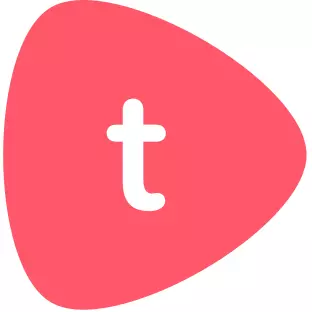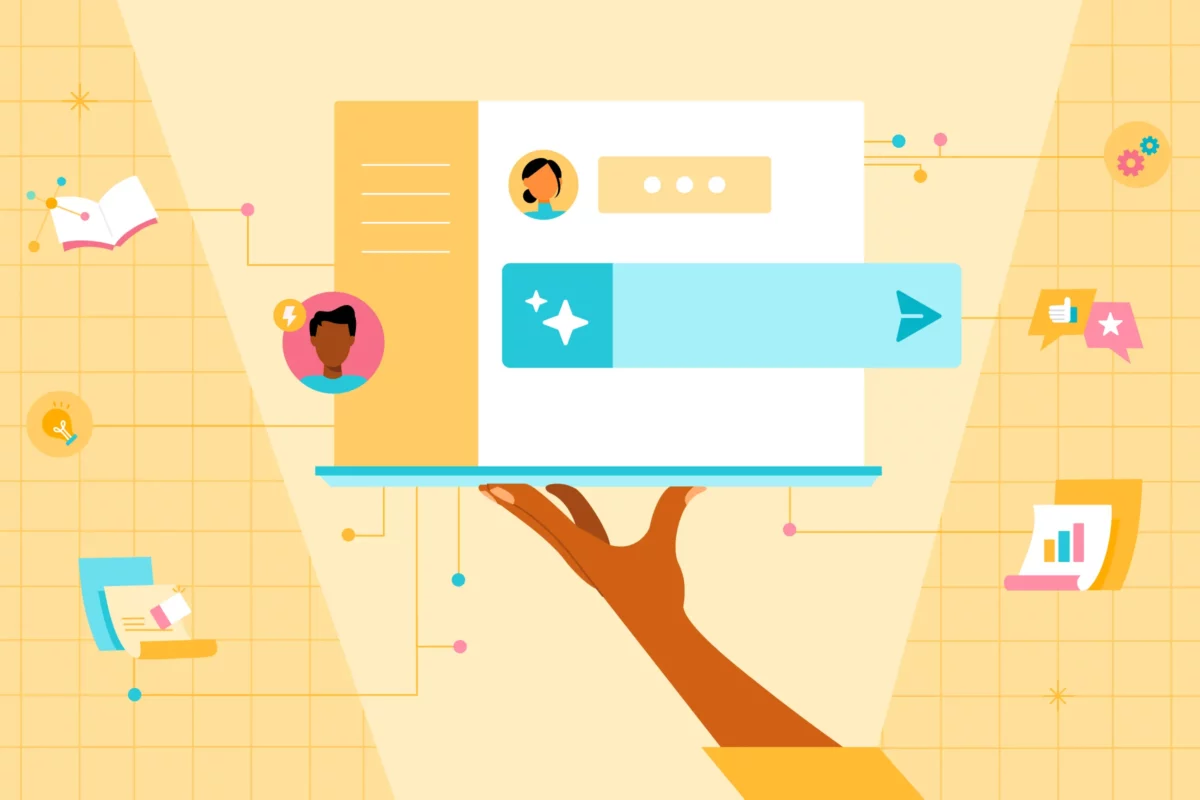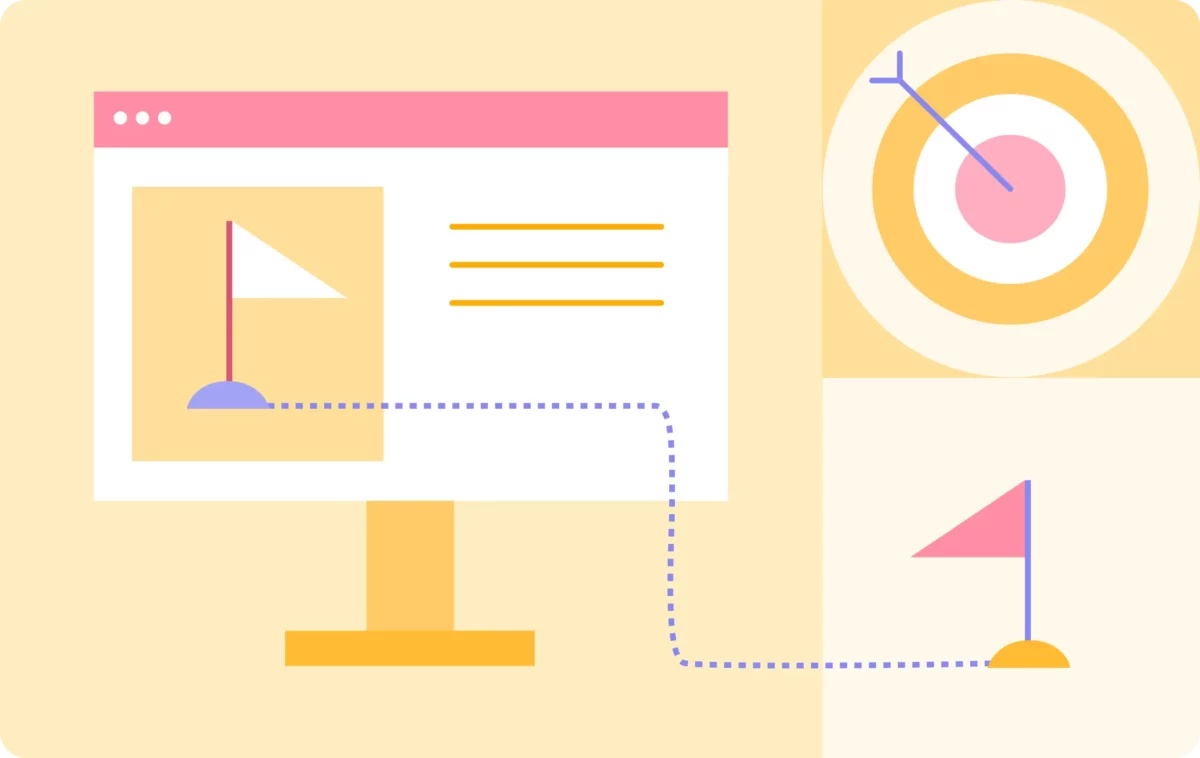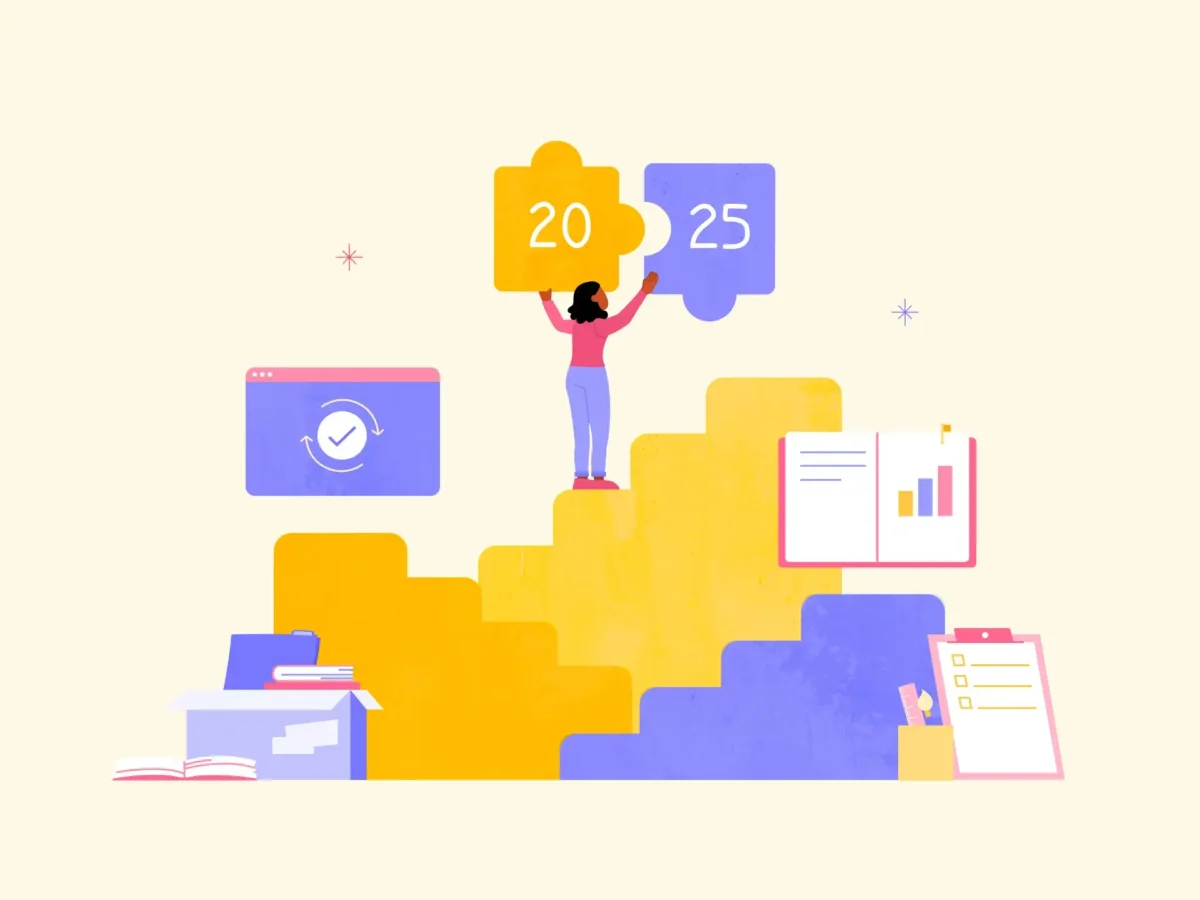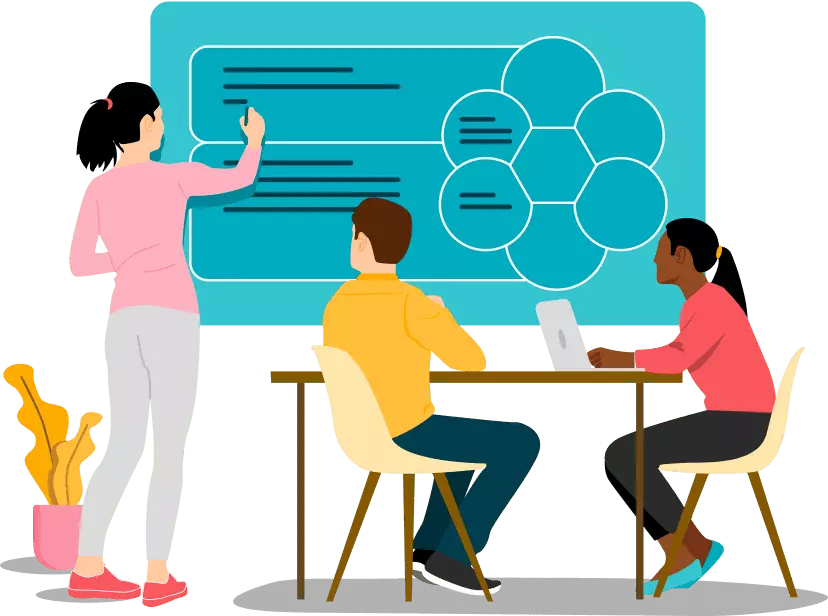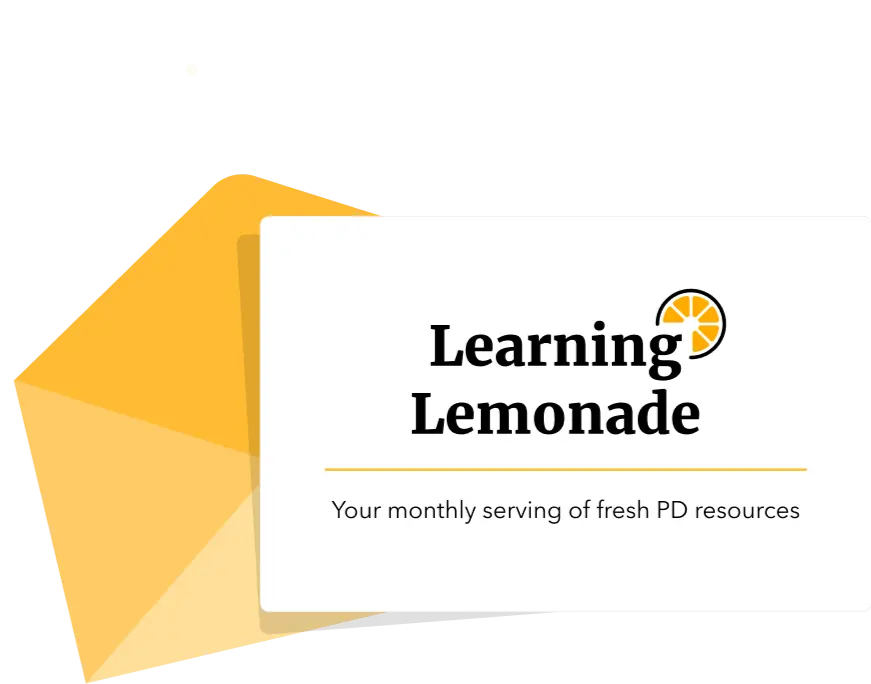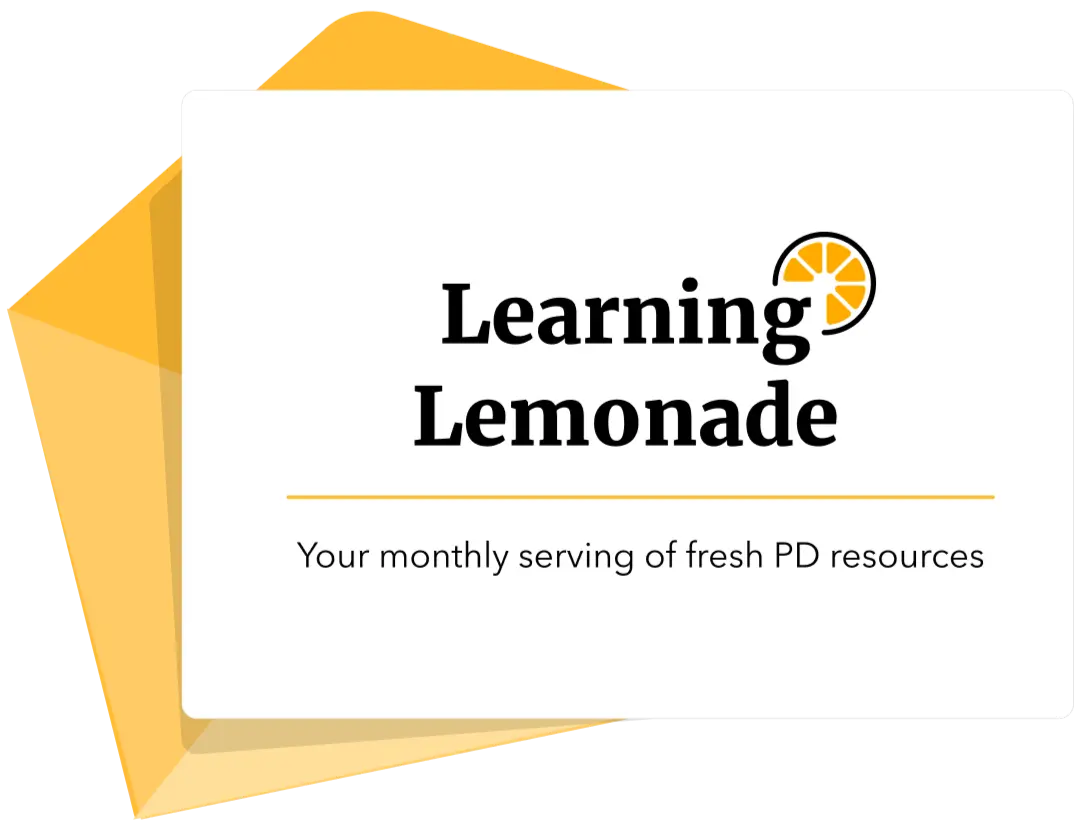AI in Education – Enhancing the Role of Teachers, Not Replacing Them
The role of artificial intelligence (AI) in education has been a topic of growing interest and debate. With the emergence of tools like ChatGPT, Gemini & Claude alongside many embedded solutions, educators are exploring new ways to integrate AI into their classrooms. This exploration raises critical questions: How can AI enhance the role of teachers without diminishing the invaluable human connections that form the backbone of education? And what challenges and opportunities does this technological evolution present?
The promise of AI in education
AI has the potential to transform education in remarkable ways. From lesson planning to personalised learning pathways, AI offers tools to help educators streamline their work. For instance, AI can assist in creating tailored lesson plans that cater to individual student needs, saving teachers countless hours in preparation. The UK Government’s 2024 research briefing on AI in education highlights how these technologies can reduce workload and improve teaching efficiency [1].
One area where AI has proven particularly impactful is in addressing administrative burdens. By automating routine tasks like grading and attendance tracking, AI allows teachers to focus on the human-centric aspects of their roles. As Clare Flintoff, CEO of ASSET Education, notes, “Teaching is hard, the hours are long, much of the work is laborious and administrative. Too little time is spent developing relationships, observing children learn, and reflecting. AI has the potential to provide much more of this precious commodity: time” [2].
The limitations of AI
Despite its promise, AI also presents significant limitations. While it can handle routine tasks efficiently, it lacks the ability to form genuine emotional connections, mentor students, or inspire them through personal interaction. These human elements are irreplaceable and essential to student success. Phillip Alcock, founder of AIxPBL, aptly summarises this sentiment: “AI is transforming the role of a teacher. It’s deconstructing the traditional definition by creating distinct roles within the profession. But it cannot replace the teacher’s ability to build social and cognitive connections with students” [3].
Another concern is the risk of over-reliance on AI. If not managed carefully, this could undermine critical thinking and creativity, as students might come to depend on AI-generated solutions instead of engaging in their own problem-solving processes. Furthermore, AI’s susceptibility to bias and inaccuracies (commonly referred to as “hallucinations”) necessitates careful oversight to ensure the information provided is both reliable and equitable.
Balancing technology and human interaction
The key to leveraging AI effectively lies in striking a balance between its technological capabilities and the irreplaceable human touch of educators. AI should augment, not replace, the role of teachers. Carla Aerts, an Independent AI in Education Consultant, emphasises the importance of co-learning: “In an AI-driven world, teachers become as much learners as the students they teach. They co-learn, co-create, and co-design, acting as mentors and coaches” [4].
This co-learning approach is particularly relevant in the context of personalised learning. AI tools can help identify individual student needs and provide tailored resources, but the interpretation and implementation of these insights require a teacher’s expertise. Bonnie Nieves, founder of Educate on Purpose, observes, “AI facilitates more personalised instruction, enabling teachers to spend time getting to know students and building community” [5].
Discuss your strategic priorities and digital challenges with Al Kingsley at the School Leaders Meetup, London on March 7, 2025.
Register for free here
International perspectives
Educators around the world are grappling with the implications of AI on their profession. Leon Furze, a former secondary educator in Australia, acknowledges that while AI can handle routine tasks and deliver content efficiently, “expert teachers bring unique qualities that machines struggle to replicate, such as improvising and adapting instruction on the fly” [6]. Similarly, John Mikton, Technology for Learning Coordinator at the International School of Geneva, highlights that teachers’ roles are evolving into those of facilitators and mentors, guiding students in developing adaptability, resilience, and creativity [7].
The integration of AI also varies across educational systems. For instance, some schools have adopted AI-driven analytics to identify trends and inform decision-making, while others remain cautious, prioritising ethical considerations and the potential risks of data misuse. The Digital Futures Commission has been vocal in advocating for ethical guidelines, emphasising that children’s best interests must not be sacrificed in the rush to implement AI technologies [8].
Ethical and practical considerations
The adoption of AI in education necessitates robust ethical frameworks to address issues such as data privacy, algorithmic bias, and equitable access. Professor Sonia Livingstone OBE, Director of Digital Futures for Children, warns, “The problems that schools, parents, and children already face with educational technology—unclear benefits, insufficient transparency, and lack of remedies—are magnified as AI-powered services are rolled out” [9].
To mitigate these challenges, schools must develop comprehensive policies that ensure AI tools are used responsibly. This includes educating both students and teachers on the ethical use of AI, fostering AI literacy, and maintaining transparency in data handling practices. The World Economic Forum’s seven principles for AI use in education—including compliance, balance, and agency—provide a useful starting point [10].
The path forward
The future of AI in education lies in its ability to empower teachers rather than replace them. By automating routine tasks and providing insights through analytics, AI can free up teachers to focus on what they do best: inspiring and mentoring students. However, this requires a thoughtful approach to integration, with a clear understanding of both the opportunities and limitations AI presents.
As Sir Ken Robinson famously said, “Education is not about filling a pail but lighting a fire.” The role of AI should be to support teachers in this endeavour, enhancing their ability to ignite curiosity, foster creativity, and nurture the unique potential of every student.
Discuss your strategic priorities and digital challenges with Al Kingsley at the School Leaders Meetup, London on March 7, 2025.
Register for free here
References:
1. UK Government. “Use of Artificial Intelligence in Education Delivery and Assessment,” 2024. [Online].
2. Clare Flintoff, ASSET Education. Personal communication, 2024.
3. Phillip Alcock, AIxPBL. Personal communication, 2024.
4. Carla Aerts, Independent Consultant. Personal communication, 2024.
5. Bonnie Nieves, Educate on Purpose. Personal communication, 2024.
6. Leon Furze, Generative AI and Education. Personal communication, 2024.
7. John Mikton, International School of Geneva. Personal communication, 2024.
8. Digital Futures Commission. “Education Data Futures,” 2024. [Online].
9. Professor Sonia Livingstone, Digital Futures for Children. Personal communication, 2024.
10.World Economic Forum. “AI Guidance for Education,” 2024. [Online].


